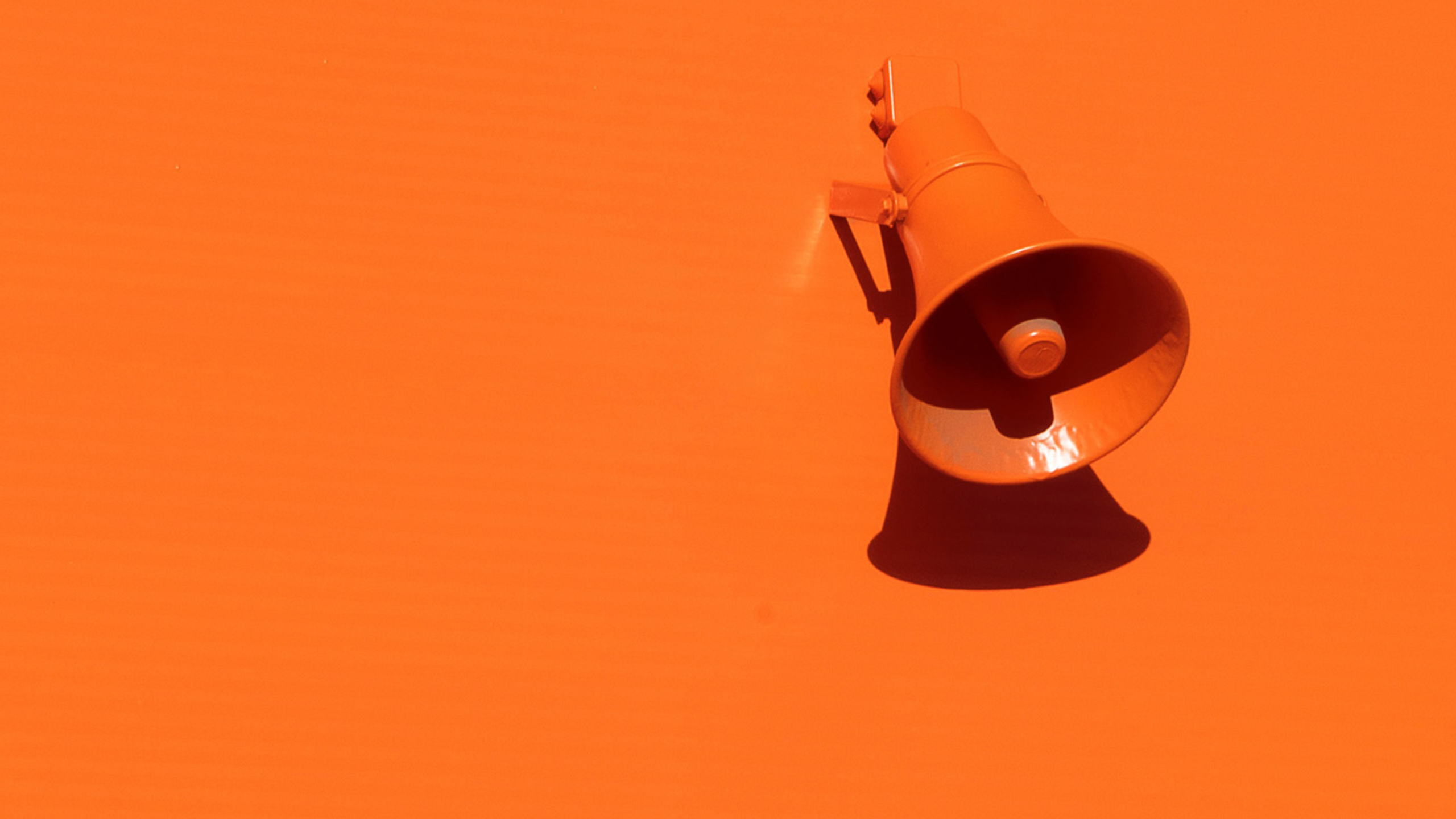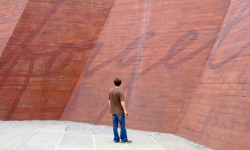
Matilda Poasa is a New Zealand-born Samoan, has a Bachelor of Māori Development in Māori Media, and recently completed an internship with the Native American and Indigenous Program at the Sundance Institute in Los Angeles. A long‑time member of Grey Lynn Community Church, Matilda tells us about her recent experiences and her thoughts on the importance of allowing minority voices to be heard.
What influenced your choice of Māori Media as your major?
Culture is a big part of who I am and I’ve always wanted to work in film and television. Specialising in Māori Media at the Auckland University of Technology (AUT) enabled me to study film, television and the media with a cultural lens. The hands-on element of this course appealed to me too.
You received an AUT scholarship in your final year to become an intern at the Sundance Institute. Tell us about this.
The scholarship covered my flights to and from the USA, health and travel insurance, all the visa costs, and a three-month stipend to help with housing, etc. Once the three months of your internship is up, then you are basically on your own. (The visa is for a year, so you can stay in the USA and work or travel.) When my internship ended, Sundance hired me as the assistant full-time. It was supposed to be for a month, until they hired a co-ordinator for the programme. I guess I did something right because they extended my stay three more times! They wanted to extend it again but I didn’t want to miss my sister’s graduation. So instead they asked me to work for them remotely from New Zealand until they could hire a new co-ordinator.
What was your role in the Native American and Indigenous Program?
On a day-to-day basis I did a lot of administration: emails, organising calendars, scheduling and sitting in on meetings and phone calls, etc. However, I was fortunate to be involved in all the creative fun things too! This included reviewing film scripts and submissions and then providing cultural/creative feedback. I travelled to different states and reservations—New Mexico, Michigan and Miami to name a few places—to assist in implementing and delivering public programmes. These included youth and adult film/story workshops, and hosting public screenings of Native Short Films that had premiered at the Sundance Film Festival the past couple of years.
One of the coolest projects I was involved with was assisting the director and senior manager of the Native Program with the 2018 Native Filmmaker Lab. We reviewed more than 50 scripts/stories from Native American and Indigenous filmmakers in the USA. We then went through a rigorous process of interviewing candidates and debating about which story we felt was original or compelling.
We eventually selected two filmmakers to come to New Mexico to workshop their script/short film with an entire film crew. It was amazing and also special, as we selected two first-time filmmakers. To be able to play a small part in someone else’s story/career was exciting.
What would you like majority-culture churches to know?
Having been immersed in te ao Māori and the Native American community overseas through my studies and work, I’ve come to realise that it’s very important—in any context, but especially a Christian one—for leaders in the majority culture to make a conscious effort to not only seek out but actually listen to what the minority communities/cultures have to say. And not just one time: don’t stop listening! I emphasise the word ‘listening’ because hearing something and listening to it are two different things.
In New Zealand especially, we are so diverse in our cultures, languages, perspectives and experiences. So it’s important that our churches and leaders be proactive about engaging with, and making space for, those minority or marginalised voices in their everyday life. If they don’t, then your church may look diverse or multicultural, but it won’t be.
How do your passions and faith overlap? And where next for you?
I grew up in church; both Mum and Dad’s families are very religious, so faith and God have been constants in my life. When I was younger, my nana used to live with us. Every morning at 6am she would wake me up to do devotion with her. She would read a Bible story or two and then we would pray. I think that’s where my love of stories started. I knew Bible stories before I knew fairy tales.
As I grew older I knew I was creative and wanted to tell stories. People were always telling me, “You should write” or “You talk too much!” So I said to God, and continue to ask God even now, “Well, you’ve given me these gifts. You’ve made me creative. If this is what you want me to do, then go ahead. Direct me and make it happen!” I think it’s not so much an overlap, rather a hand-in-hand thing.
I’m hoping that having Sundance on my CV will open doors here in New Zealand’s film/TV/media industry, so we shall see. I’m like, “Uh hello, God. Where’s my next adventure at?” He hasn’t answered yet but I have no doubt he’s got my next gig lined up.
Story: Matilda Poasa
Matilda recently graduated from the Auckland University of Technology with a Māori Development degree, specialising in Māori Media. Her love of learning about other cultures and passion to see more indigenous stories in mainstream media inspired her to apply for a graduate scholarship that awarded her an internship in the Native American and Indigenous Program at Sundance Institute in Los Angeles. She is a lover of stories and storytelling and aspires to having a library like the beast from the movie Beauty and the Beast.
Read more about Matilda's internship:
- Matilda Poasa - AUT profile
- 'Honorary Māori' Samoan film-maker wins place at Sundance Institute
- Samoan film-maker heads to Sundance


